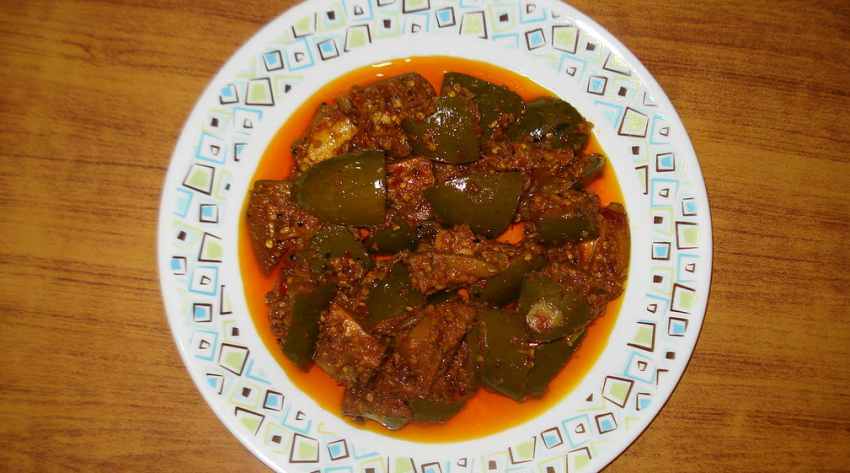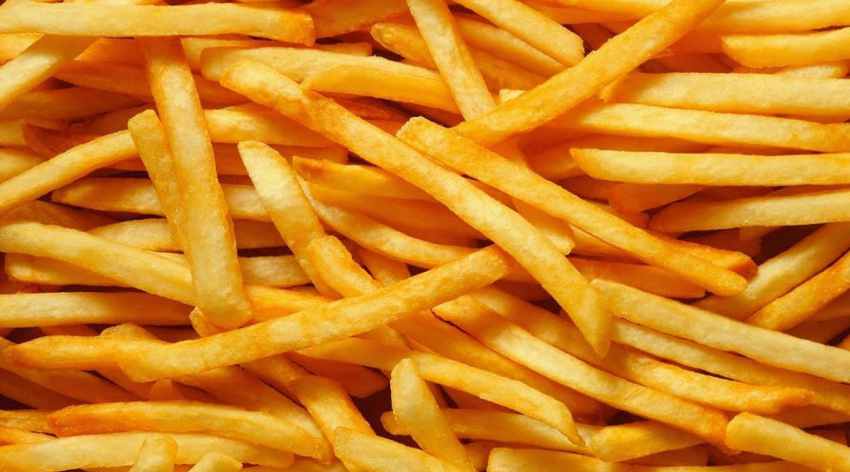
Don’t make eating pickle a habit. Creative Commons
High blood pressure, or hypertension is more dangerous than you think, and the older you get, the more imperative it is to keep it under check. Since it works silently to cause damage to the cardiovascular system, one often wakes up a bit too late. There are many causes of high blood pressure: a sedentary lifestyle, age, medication and so on, but you diet, too, has a very important role to play. The general rules of eating healthy apply when it comes to the management of blood pressure, but you should stay away a mile away from certain foods. Here are some of them.
Pickles
Salt is a major factor when it comes to high blood pressure, and the more salt you eat… you get the drift. While it is difficult to cut off salt completely from your diet, there are certain foods that have just too much salt. Pickles, for instance. Since salt preserves food and pickling is essentially that, you might be having a lot of sodium with your paratha, or curd rice without even realising it.

Lorena Cupcake/Flickr
Processed, packaged and fast foods
Quick and cheap meals often mean lots of sodium, whether it be from fast food restaurants, off the shelves of coffee shops, or simply a snack. According to a study conducted in the US, foods that are dangerously high in sodium include pizza, especially the frozen kind, cured meat and canned soup. You could also add fries and chips to that list.
(WATCH) How to get a grip on High BP through your diet
Coffee
Most people can’t start their day without a cup of coffee, but coffee is not good for blood pressure. A cup a day is fine, but, if you are the kind who sips it throughout the day — four cups or more — you should look at cutting down on it. The same goes for any kind of caffeinated drinks.
Sugar
You don’t need research to tell you that sugar causes great harm to the human body in a variety of ways. And, sugar is also to be avoided if you want to prevent/manage high blood pressure. Too much sugar can make you put on weight, and that can expose you to the threat of high BP.









